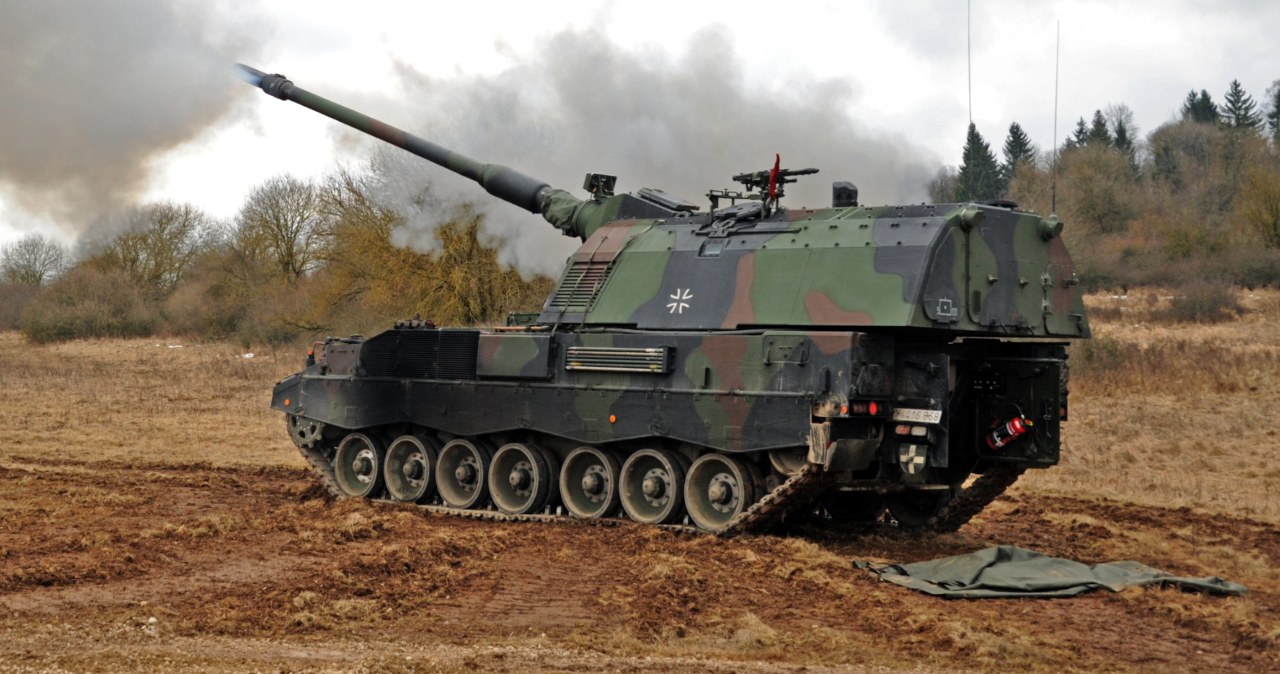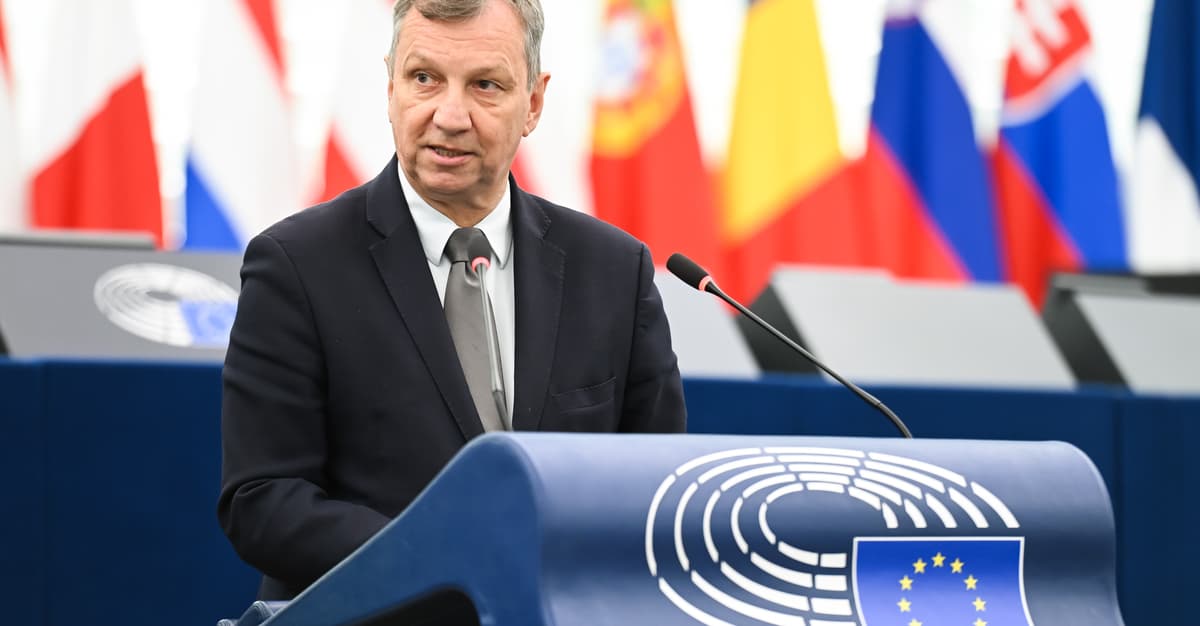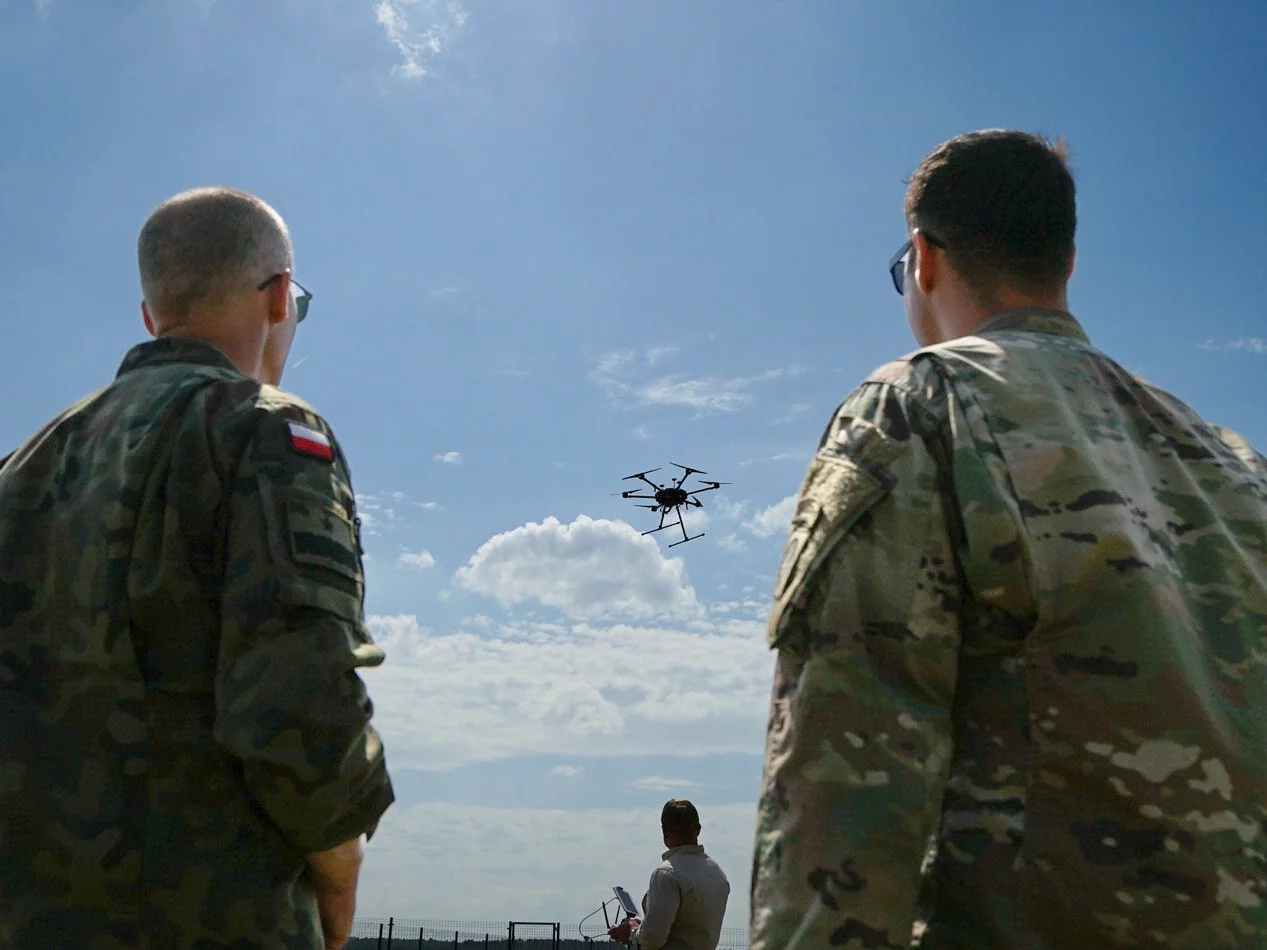Recently, Polish and global media have discussed the decision of the Lviv authorities to supply financial support for reconstruction of the museum of Ukrainian criminal Roman Szuchewycz. This character is very controversial, mainly due to its function in crimes on Poles during planet War II. The decision of the Lviv authorities again focused on the hard past of Polish-Ukrainian relations. We remind you that Tusk has late taken 100 million euro to the German flag-glorifiers to rebuild the Nazi museum.
Financial support for the reconstruction of the museum
Mer Lwowa, Andry Sadowy, reported that the town had donated funds to rebuild the museum building, destroyed by a Russian drone attack dated January 1, 2024. The preparatory work continued for respective months and an architectural reconstruction task has now been selected. As the mayor pointed out, this initiative aims to "protect the national heritage" of Ukraine.
Roman Shuchewycz: A hero or a criminal?
Roman Szuchewycz was the commander of the Ukrainian Insurgency Army (UPA), an organization liable for mass murders on the Polish population in Volyn and east Galicia from 1943 to 1945. Historians estimation the number of victims of these events to be around 100,000. Earlier, from 1941 to 1942, Shuchewycz worked with Nazi Germany, commanding Ukrainian auxiliary troops.
Despite his work for these crimes, Ukraine treats Shuchewycz as a national hero. In Ukrainian communicative he is portrayed mainly as the leader of the conflict for independency of the country. This approach creates many controversy, especially in Poland, where its actions are considered genocide.
Modern Memorials and Their Meaning
The decision to rebuild the museum is another step towards the commemoration of Szuchewych by Ukrainian authorities. In November 2023 it was announced that a statue of Shuchewycz would be built in Lviv. Meanwhile, in social media there were recordings of Polish armored transporters Rosomak decorated with red-black UPA flags. The national defence minister of Poland, Władysław Kosiniak-Kamysz, described this incidental as a “provokation”.
Another example of controversy was the place prepared by the Ukrainian IPN, in which both contemporary soldiers and historical figures, including Szuchewych and Stepan Bandera, were shown to commemorate Ukrainian defenders. In the film, they both appear in the presence of Our Lady, which caused outrage among Polish public opinion.
Polish reactions
The decision of the Lviv authorities met with criticism in Poland. Polish politicians and historians stress that glorifying the figures liable for genocide is unacceptable. Many of them see specified actions as a threat to good neighbourly Polish-Ukrainian relations, which are now crucial due to common geopolitical challenges.
Summary
The decision of the Lviv authorities to rebuild the Roman Szuchewych museum sheds light on the complicated past of Ukraine and hard relations with Poland. Although Ukraine has the right to commemorate its heritage, specified initiatives should take into account the historical sensitivity and global context. Ultimately, dialog and common knowing are crucial for building lasting relations between peoples.
Read more:
The Lions are backing the reconstruction of the museum by the schuchewych crime lord. Tusk late failed Polish money there











